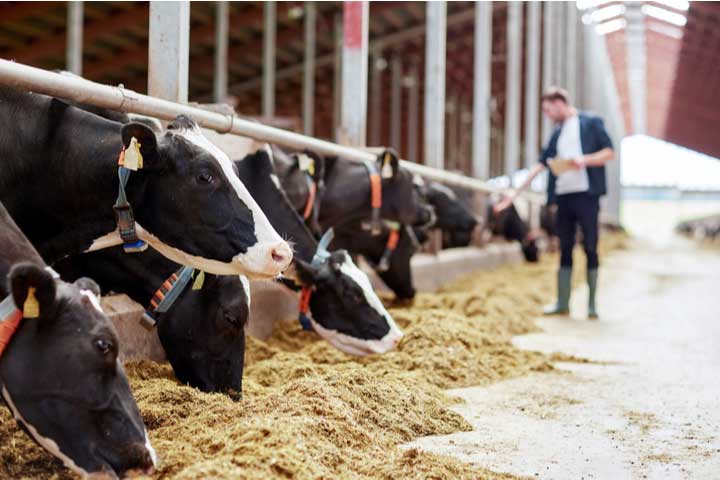As the global population continues to grow, the demand for animal protein, such as meat, milk, and eggs, is steadily increasing. With limited resources and environmental concerns, it is crucial to adopt sustainable practices in animal protein production to meet this demand. Precision nutrition emerges as a vital approach to optimize animal diets, promote efficient production, and ensure environmental sustainability. In this blog, we will explore why precision nutrition matters in the context of sustainable animal protein production for a growing population.
- Optimizing Nutrient Utilization
Precision nutrition involves tailoring the nutrient composition of animal diets to meet the specific needs of individual animals or groups. By carefully adjusting the nutrient levels based on factors such as age, weight, and physiological status, we can enhance nutrient utilization. This results in more efficient conversion of feed into animal products, minimizing waste and resource usage.
2. Reducing Environment Impact
The conventional one-size-fits-all approach to animal nutrition often leads to excess nutrient excretion, which can contribute to environmental pollution. Precision nutrition aims to reduce nutrient wastage, thus decreasing the environmental impact of animal production. By providing animals with precisely what they need, we can significantly decrease the emissions of greenhouse gases and nutrient runoff, promoting sustainable farming practices.
3. Enhancing Animal Health and Welfare
Proper nutrition is essential for maintaining the health and welfare of livestock. Precision nutrition ensures that animals receive all the necessary nutrients in the right amounts, minimizing the risk of nutritional deficiencies or excesses. Healthier animals lead to reduced dependence on antibiotics and veterinary treatments, promoting sustainable and responsible farming practices.
4. Increasing Production Efficiency
Precision nutrition optimizes feed efficiency, allowing farmers to produce more animal protein with fewer resources. Improved feed conversion rates mean that less feed is required to produce the same amount of meat, milk, or eggs. This increased efficiency translates to lower production costs and higher profitability for farmers, making animal protein production economically sustainable.
5. Supporting Food Security
As the world’s population grows, food security becomes a critical global challenge. Precision nutrition plays a crucial role in ensuring a steady and reliable supply of animal protein to meet the increasing demand. By maximizing production efficiency and reducing waste, we can help address food shortages and contribute to global food security.
Precision nutrition is a powerful tool in the sustainable production of animal protein to meet the needs of a growing population. By tailoring animal diets to their specific requirements, we can optimize nutrient utilization, reduce environmental impact, enhance animal health, and increase production efficiency. Embracing precision nutrition practices is essential for responsible and sustainable animal protein production, allowing us to meet the demands of a growing population while safeguarding our environment and natural resources for future generations.

